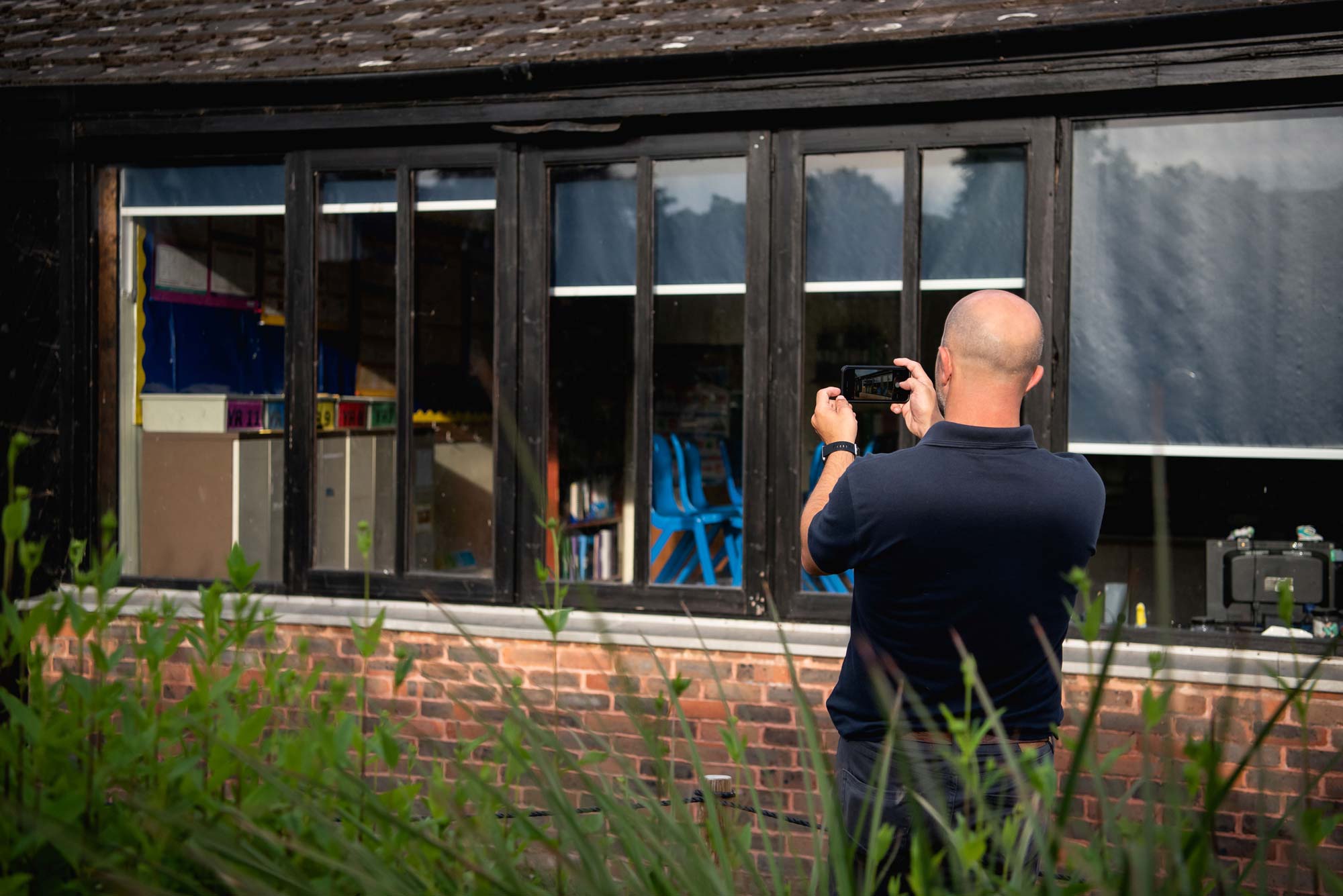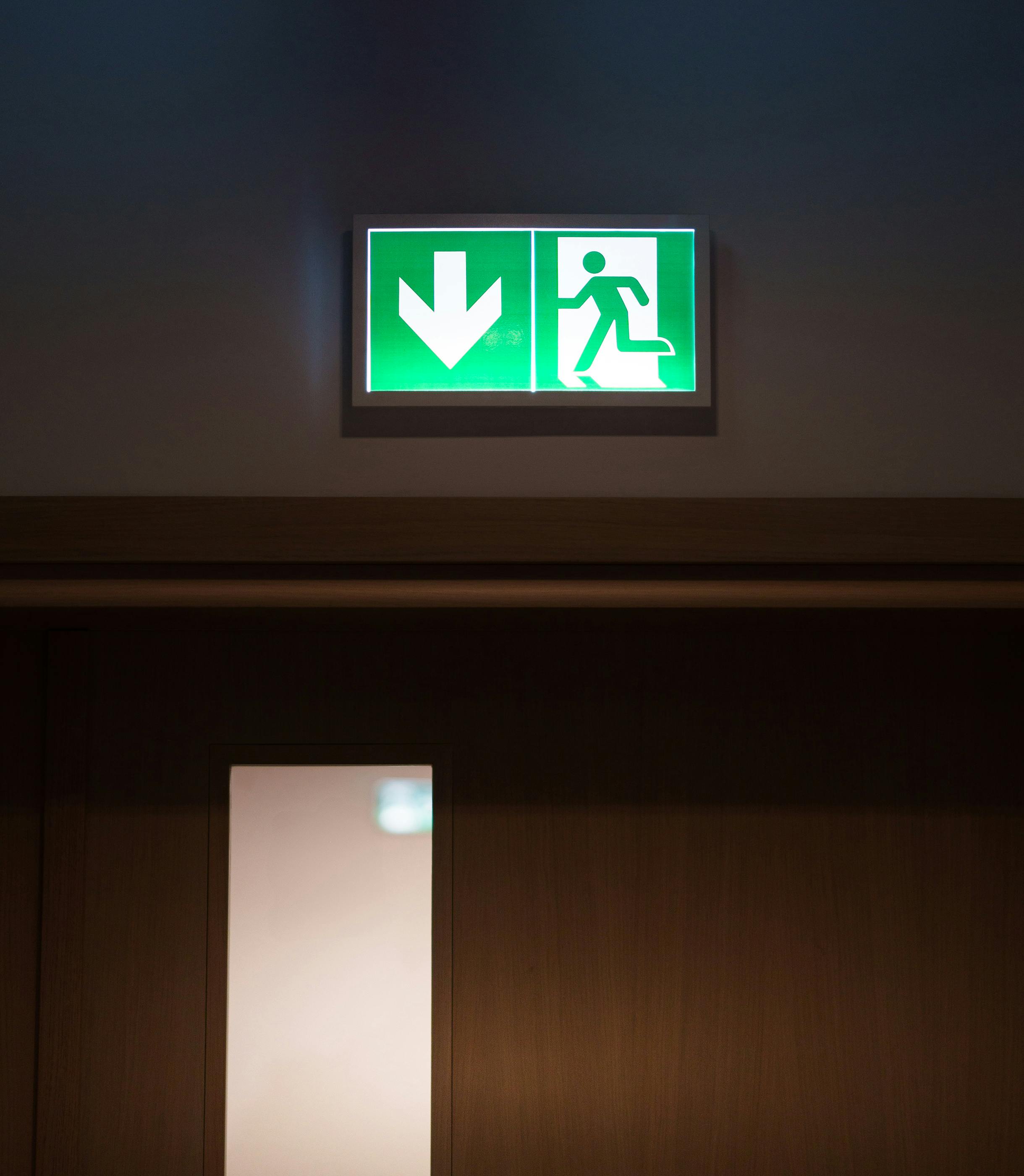
In this guide we discuss everything you need to know about asbestos testing kits and evaluate just how effective, reliable, and safe they really are.
Asbestos is class 1 carcinogen and can cause significant health problems for anyone who is exposed to it. Exposure to asbestos is known to cause or be associated with lung cancer, mesothelioma (a cancer that is found in the lining of the lung, chest, abdomen, and heart), and asbestosis. Care must be taken when sampling or managing buildings that contain asbestos.
Asbestos may be present in your home or place of work, asbestos testing is essential to manage the risks from asbestos. The materials in question should be tested to determine what, if any, asbestos is present.
It is possible to obtain asbestos testing kits easily, which enable untrained people to take samples of suspect materials, is this the best, proactive way to deal with a class 1 carcinogen?
How to use an Asbestos testing kit?
Most asbestos testing kits work in a two-step process. The kit provides you with the equipment to take samples of any suspected asbestos containing materials (ACMs). Small samples are taken of the suspect material and placed into sample bags. Samples are then posted to a testing laboratory where experts analyse the materials and identify whether they are positive or negative for asbestos content.
Asbestos testing kits – cost?
Asbestos home testing kits can range from as little as £25 to more than £80, although this will depend on how many samples have been allowed for and where its purchased from. It is worth noting that not all kits cover the laboratory fee and might be additional.
Who sells asbestos testing kits?
Anyone can sell an asbestos testing kit; therefore, check the kit you buy has what you need inside and is safe and practical for what you need it for. Normally kits are purchased from asbestos consultancies as these kits will be more robust. The sales technique of DIY test kits is looking for another way of capturing the market.
Asbestos testing kit – kit requirements.
The equipment included will vary from kit to kit. However, generally it includes:
- Disposable coveralls (category 5/6)
- Disposable gloves
- Safety glasses
- Face mask (FFP3 minimum)
- Sample bags and packaging
- Cleaning wipes
Asbestos home testing test kits have become popular in the UK and Internationally, but what are the pros and cons of using an asbestos test kit, and is there a difference between an asbestos home test kit vs. a professional asbestos consultant?
The advantages of home asbestos test kits?
- Quick. (dependent on the postal service)
- Relatively inexpensive. These kits often include the required kit (see above kit requirements)
- PPE Provided. Each kit comes complete with personal protective equipment for safely taking samples, easy to follow instructions and return packaging
- Lower Costs. In some cases, you will save money using an asbestos home test kit instead of paying the hourly rates for a specialised trained asbestos consultant.
- Commercial and Residential Uses. The home testing kits can be used for commercial and domestic customers concerned about asbestos containing materials being present in their property
The negatives of home asbestos test kits?
- Kit Quality. Masks supplied in DIY testing kits do not always offer the best protection against airborne asbestos-containing fibres. Once inhaled, asbestos can remain lodged in your body, leading to health issues, often even years later.
- Asbestos Samples. Asbestos fibres are microscopic, and they are often mixed in a matrix of other materials making identification extremely difficult to those not technically trained.
- Hazardous Materials. Some asbestos containing materials are not dangerous unless they are damaged or disturbed. Therefore, inexperienced sampling and testing can cause higher levels of disturbance. In fact, if done incorrectly, sampling can be more hazardous than leaving the material alone.
- Asbestos identification. Unless you have previous experience of testing for asbestos, it is not always easy to take samples effectively. The equipment provided in an asbestos home-testing kit can often be basic. Therefore, it can be difficult to ascertain whether what you have sent off for laboratory analysis truly represents the materials at your property.
- Asbestos Exposure. By carrying out testing yourself, you could disturb and release asbestos fibres. So, you could expose both yourself and others living or working in the property or visiting it to the high risks of this substance if they become friable or airborne.
- Making Safe. Once testing is done, the areas where samples have been taken must be sealed to reduce the risk of further asbestos disturbance. Are you confident you would be able to do this sealing effectively yourself?
- Reliability. DIY testing kits are not normally as reliable nor as safe as hiring an asbestos consultant to take samples of ACMs.
Asbestos consultants
There are many reasons why only a qualified professional should be involved in a job as important as asbestos testing. If you decide to hire someone to perform a professional asbestos test instead of using a home testing kit, there are a few things to consider.
- Number of asbestos materials. Many clients both in commercial and residential settings are not aware of the number of products in their homes, therefore more materials may be identified, and full surveys may be a better option.
- Experience. Asbestos surveyors normally have years of experience, are fully qualified, insured and use specialist equipment to ensure the results are accurate.
- Qualified. Experienced consultants know what to look for, what to send off, know how to test safely and protect themselves and others. Equally, they will know about fibre disturbance, how to handle ACMS’s and how to make safe a site sample point.
- Cost Savings. Rather than taking samples of multiple materials, it may be more cost effective to complete an Asbestos Management Survey, Asbestos Refurbishment Survey or Asbestos Demolition Survey. This will then provide you with a survey report which will outline detailed information about the type of asbestos, its condition and location.
The question we get asked the most is?
Are home testing kits reliable?
A few factors can affect this.
- Sample Type. Some samples such as textured coatings need more than one sample due to the non-homogenous nature of the materials.
- Sample Size. If the sample is too small, it may not be a true representation of the material.
- Experience. With no experience or using incorrect tools to take samples, it may not give a true representation of the materials being sampled.
- Sampling Method. Some asbestos materials such as asbestos cement soffits can be difficult to sample or take an accurate size sample or if painted, i.e., have you sampled deep enough, will greatly effect the sample results.
In Conclusion
Asbestos testing kits are here to stay and can be useful. If you do decide to use a DIY asbestos testing kit, follow the instructions carefully to avoid potentially exposing yourself. Wear gloves, goggles, FFP3 Masks with appropriate filters to ensure you are protected.
Many people involved in property are not aware of the number of products in their homes that could potentially have some level of asbestos. Asbestos testing kits can be an essential tool for most homeowners. Unfortunately, it is not until a homeowner decides to undertake some renovations when the asbestos is found, if asbestos is in poor condition or damaged, it is time to call in the professionals.
If you need independent, quality, consultancy and advice or more information on asbestos and hazardous materials we would be happy to help.

